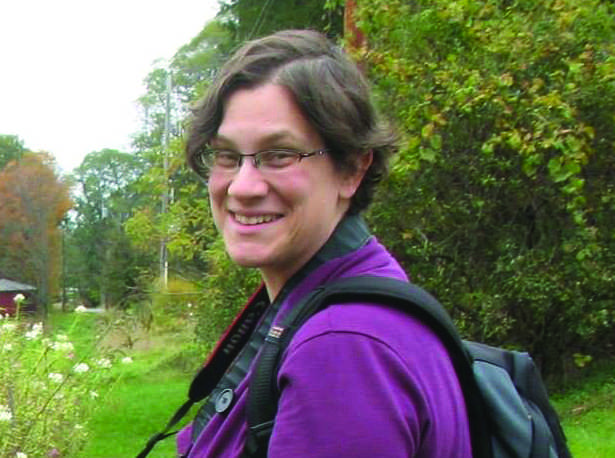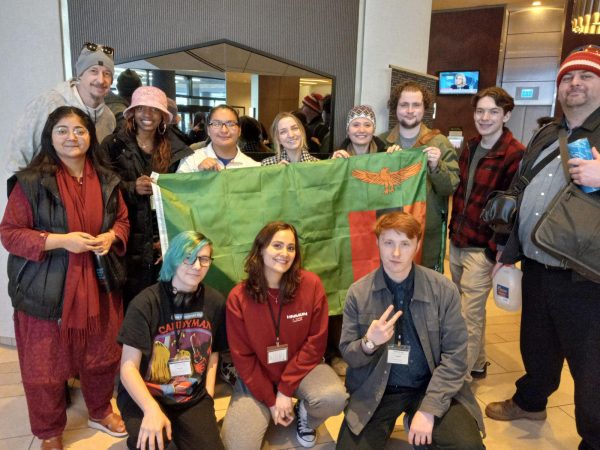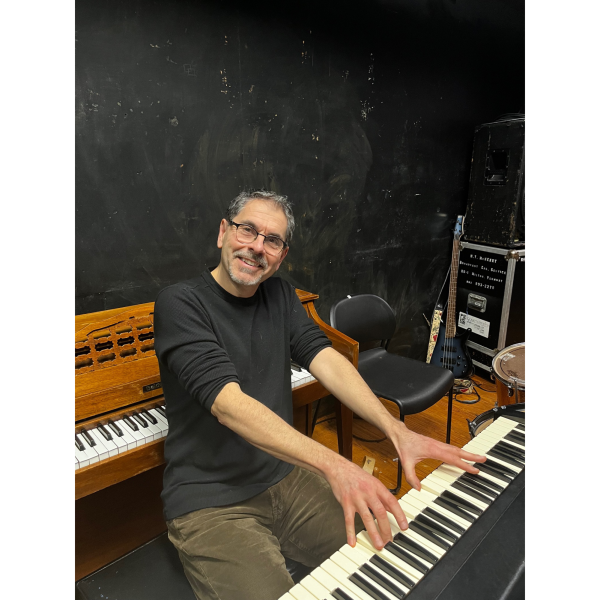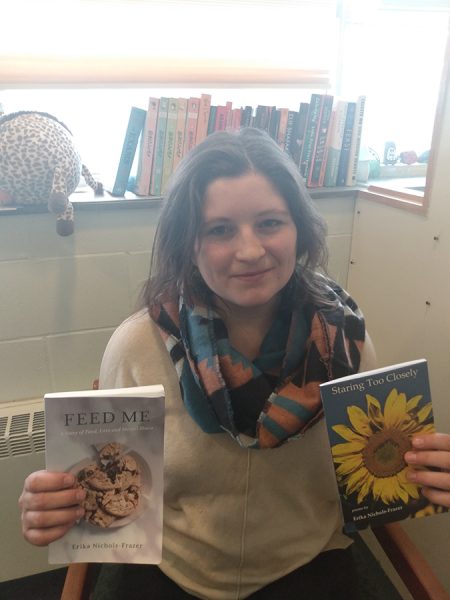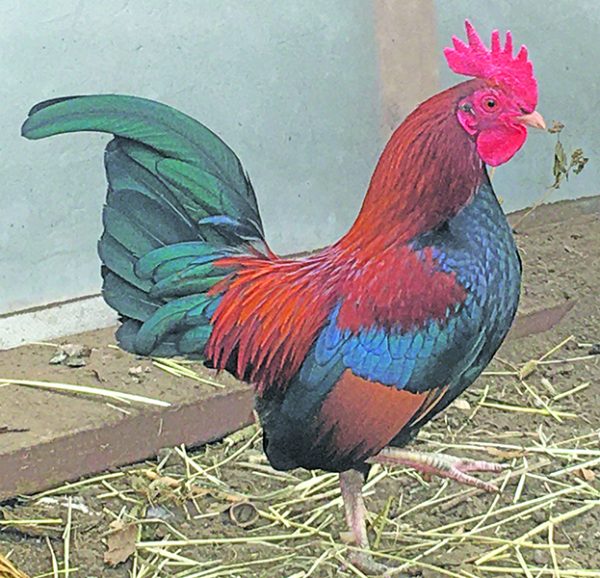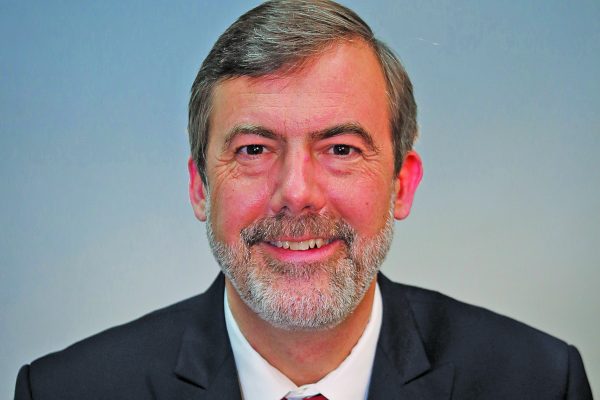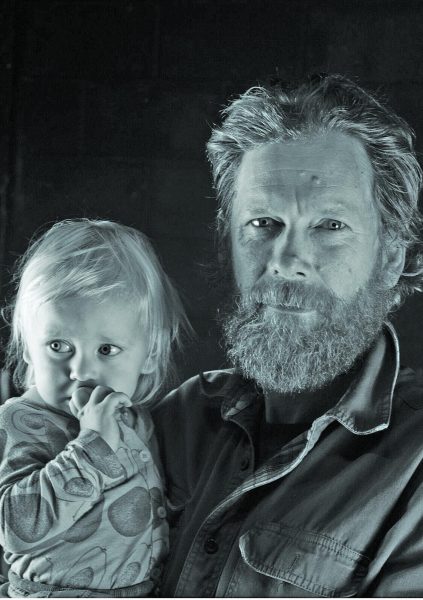Veteran’s Day: a personal perspective
Victoria Greenia
…he shares his experience in other ways; in the dark circles beneath blood-shot eyes from sleepless nights, or on the anniversaries of fallen comrades.
Nearly 100 years ago, then-President Woodrow Wilson declared November 11 Armistice Day. He said, “To us in America, the reflections of Armistice Day will be filled with solemn pride in the heroism of those who died in the country’s service and with gratitude for the victory, both because of the thing from which it has freed us and because of the opportunity it has given America to show her sympathy with peace and justice in the councils of the nations…”
In those hundred years America’s service-members have been through the wringer as society’s attitudes have morphed from World War II romanticism to Vietnam condemnation to Operation Iraqi Freedom cynicism. For many people today, Veteran’s Day is just another day where your mail doesn’t get delivered and you can’t complain about property taxes because both the post office and town clerk is closed. But to some this day is a juxtaposition of darkness and light.
I’m going to dive into a realm of journalism I don’t even like to dip my toes in; a story told from the first person. I break from my routine only because I feel this is best presented from a personal, very intimate, view. Not many people would give life to the thoughts I want to share especially in a newspaper where family, friends, and neighbors will have the ability to pick up at anytime and see their vulnerabilities. For this subject, I open the door and invite you into my life.
After this issue, three out of five Basement Medicines this semester will have had an article focused on student veterans. I claim responsibility for that. My father was in the Vermont Air National Guard for decades. My husband was in the Vermont Army National Guard for 23 years. I should also add that in October, at the end of my six-year contract with the Vermont Air National Guard, I reenlisted for another three, but for this article I speak as a civilian.
I wasn’t sure how my husband John would react to my writing such a personal portrait, but I was glad to find he was supportive, and surprised to learn he had suggestions. Share our story, he says, it’s your job as a journalist.
He’s is quiet about his year in Iraq attached to a Marine unit. It’s enough for me to know that at that time the area he lived in was called the “Meat Grinder.” But he shares his experience in other ways; in the dark circles beneath blood-shot eyes from sleepless nights, or on the anniversaries of fallen comrades. When there’s loud, unexpected noises, his adrenaline and training kicks in and makes him look for cover.
To talk about military service is to talk about personal triumph and tragedy. Tell them what it’s like to be overseas, my husband says.
I have not gone overseas into a warzone. I haven’t had to leave the comfort of my home to go prowling in a desert, wondering if that cardboard box in the road is an improvised explosive device. I’ve never had to look down the scope of a weapon and make the decision if that man, darker skinned but still a human just like me, was the father of children who loved him or was threaded with copper wires and ready to destroy me, my dreams, and my best friend beside me. Or maybe, because our crazy world operates in shades of grey, he was both.
I have no idea what it feels like to sit for 10 to 12 hours in 120 degrees while my friends comb the sand for bombs, hoping that they don’t actually find any, while I am a four-wheeled target for snipers. To wipe sand off the faded picture of my family with my lips as I kiss them the only way I can. To cry when my three year old says on the phone all she wants for her birthday is for me to come home while I wonder if she even remembers what I look like.
I do not know what thoughts would cross my mind as I can do nothing but watch a vehicle full of my friends turn into a giant firecracker because they didn’t have a cell jammer like I did and the buried bomb detonated from beneath them.
Would I cry or simply go numb as I bore witness to the agonizing sight of people trying to scramble out from the wreck, unable to help because the enormous gas tank had caught fire and stored ammo was making it impossible to approach, bullets ricocheting every which way.
I can’t imagine the gruesome yet imperative task of scrounging every last body part to be sent back home for loved ones to gather tattered hopes and dreams to lay to rest, like the American flag that drapes over the casket.
I don’t know, and I am glad I don’t. I hope you don’t know, either.
I’m not leaking any secrets here although some may disapprove of the frank reality I present. General William T. Sherman during the Civil War said, “War is hell, boys,” and I’ve yet to see evidence otherwise.
But there was still a choice. Critics are quick to point out that none of us were conscripted; at some point we decided joining the military was a good move.
I joined because, despite the fact I do not agree 100 percent with every decision my government makes, I believe in the potential for enormous good. I joined because I wanted to be prepared to help my state or country in their moments of need. I joined because I would rather have more people like me in the military.
Naïve? Maybe. I guess I would rather err on the side of optimism. I could have taken the choice of safety in my Lazy Boy and criticize people I watch on the news. It’s easy to be critical of the military and military members, as though we are the dark side. We’re not. And, as my husband points out, our cookies aren’t even that good.
Being a military member in the state known for Phish and the first to legalize same-sex marriage isn’t easy. I can’t say I’ve ever been spat on, but the reception we get in Vermont is cold compared to other states. Here I feel treated as though they suspect I am about to raid their home. The atmosphere in other states is much different. It’s common elsewhere to have people stop me, clasp my hand, and with tears in their eyes thank me for my service.
I’m not saying veterans want to be smothered with thanks; most people I know would find the attention uncomfortable.
We are trained professionals, dedicated to caring for the people in our communities. One of the Air Force’s mottos is “service above self,” and on those early mornings when I slip on my airman battle uniform and leave my family for the weekend, I take great pride that I am a part of something larger than myself. When I go to drill at my base my goal is not to train for war. My goal is to take everything I learn and use it to benefit my community.
Tell them about the things we do at home, like the Ice Storm, my husband urges. This is the triumph part of the National Guard’s service: to care for our neighbors.
In 1998 Vermont was in the path of a large and deadly winter storm. Flooding and chunks of ice stranded people at their homes, many without electricity. John went out with his army unit in the Swanton area and, with a 5-ton truck, broke through the ice jams. He says one house he got to had no running water and the parents were unable to make formula for their infant. John’s group brought the family to the armory where an ambulance picked them up and brought them to a hospital.
During the heavy rains we had this summer, a Canadian truck apparently hydroplaned and plunged off the Winooski Bridge. The firemen from our Air Guard were the ones who navigated the steamy wreck of the tractor-trailer, slipping into a cave of twisted metal to retrieve the unconscious man. The fireman who successfully did this had just gone through a military two-week course for urban search and rescue where guardsmen learned the safest way to enter collapsed buildings and save trapped people.
Before Tropical Storm Irene even hit Vermont, many guardsmen I knew were gathering their gear so when they got the call to help response time would only be a matter of minutes. Other states’ guard members helped out, too, delivering goods with enormous helicopters we don’t have here and bringing equipment to carve out temporary roads from the rubble that rainwater left behind.
I know what it feels like to give water to people who have gone without the life-saving substance for more than 24 hours in summer heat. I know what it’s like to give food to people who have none to give their children and no way to get to a store. I know what it’s like to have in my hands blankets and tents, answers to a prayer of someone who literally has nothing because floodwaters washed away and what she has left is moldy and wet.
I know what it’s like to watch people come from hundreds of miles for the focused purpose of delivering relief to their neighbors, even at the risk of their own safety.
I know what it’s like and I am glad I do. I hope you have the chance to know, too.
This, my friends, is the real reason we military members do what we do. We’re not perfect and neither is every one of us altruistic, but a damn good majority sign up with the intention of giving our best to our fellow human beings. Giving all we have and then more is in our nature– just ask the old veteran who struggles out of his wheelchair every 4th of July parade when the flag goes by while everyone else looks awkwardly away.
Veteran’s Day is strange. Most of us in the military don’t go around broadcasting what we do and why we do it, so to have a day highlighting us gives us an uneasy sense of pride. We don’t push ourselves to our limits because we want the thanks, but we do appreciate a moment of recognition for our desire to serve.
It’s nice for people who would normally never say anything to come over, shake our hands and say, “Thank you for your service.”
It’s even better when people mean it.


